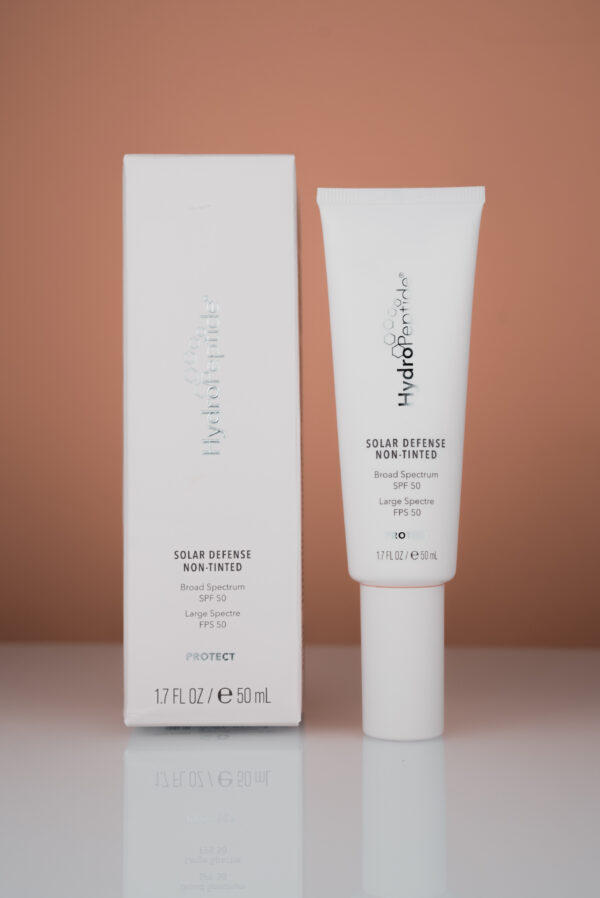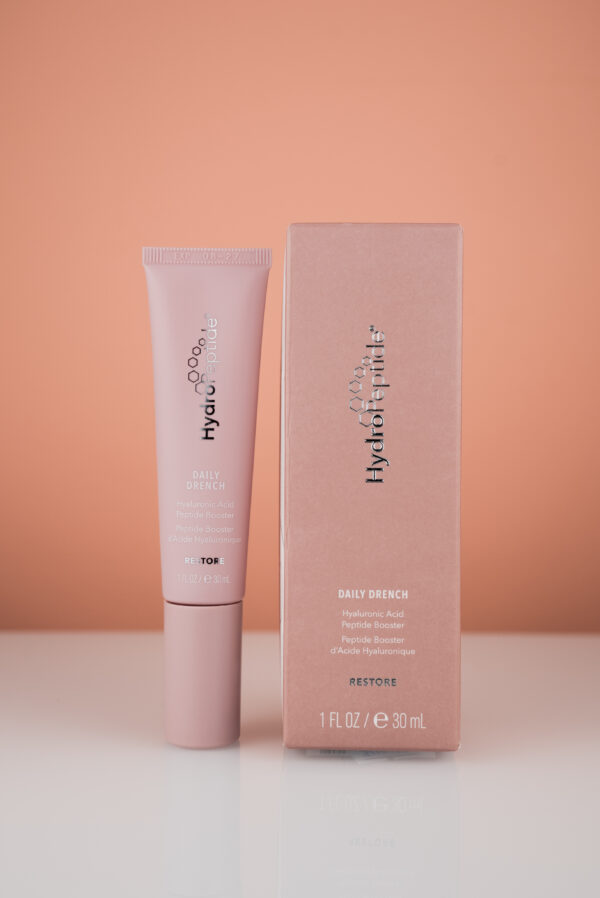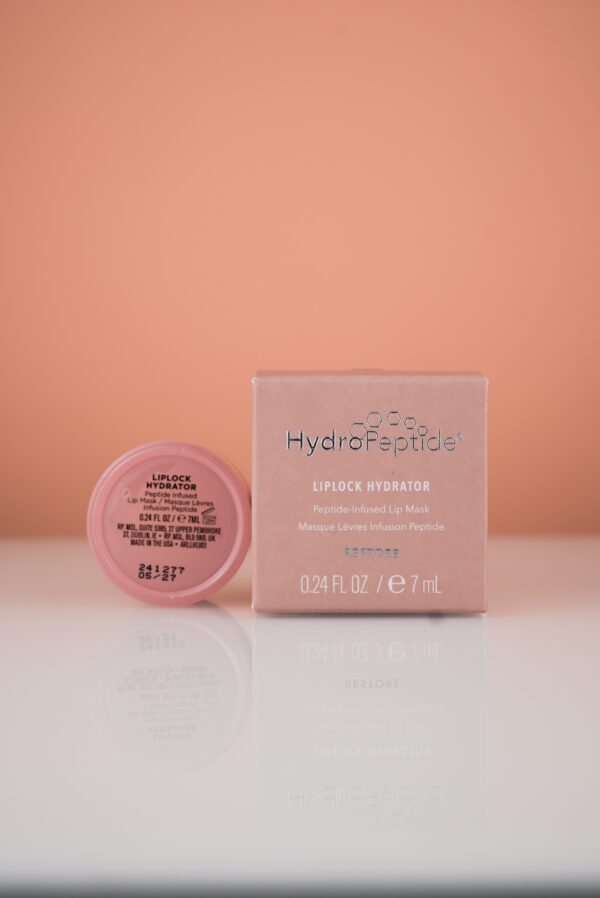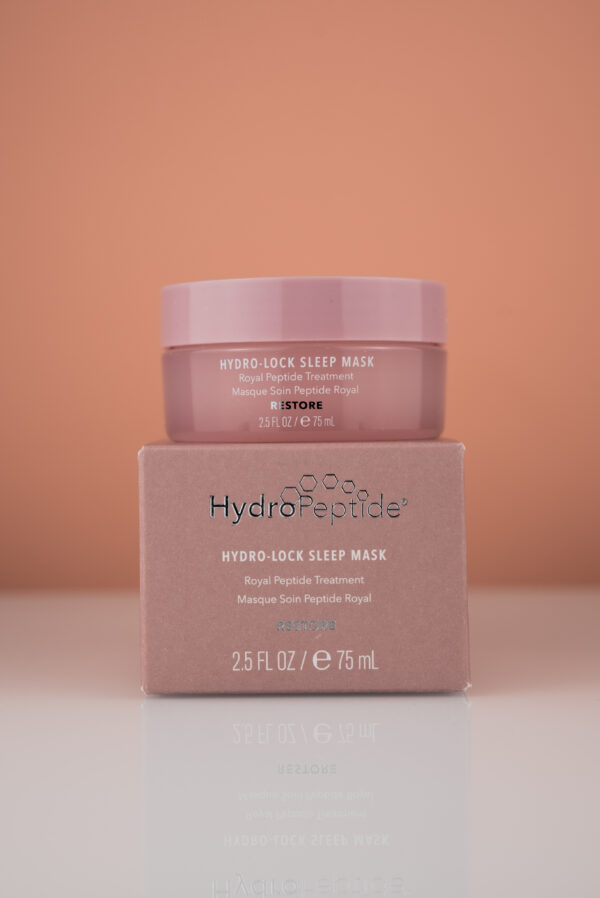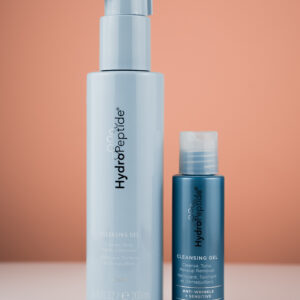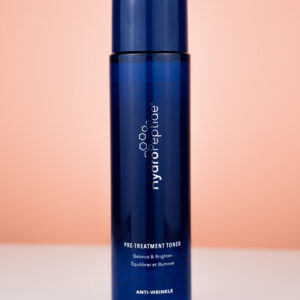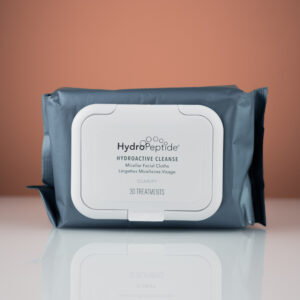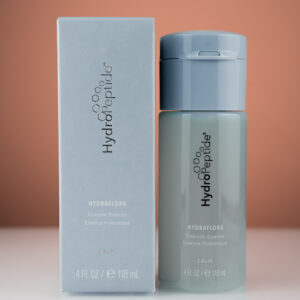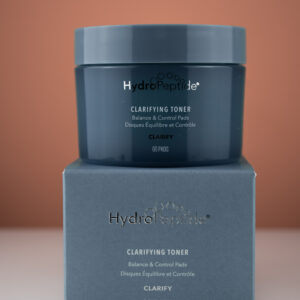What is Accutane and how does it work?
Isotretinoin (Accutane) is a very powerful drug that is designed to treat acne. It is a prescription retinoid that is derived from Vitiman A. Accutane works by shrinking oil glands, preventing pores from clogging, reducing inflammation, and reducing levels of acne causing bacteria. Accutane is often not the first treatment a doctor or dermatologist will try. If a patients acne can be subsided with other treatments, wether it’s skincare, topical creams, antibiotics, birth control, or other medications, physicians will choose one of those paths rather than jumping straight to Accutane. This is because Accutane is not suitable for everyone and it is a drug that is very harsh on the body when consumed. It is most often prescribed to those who have Nodulocystic Acne. This is the type of acne that is very deep and cystic, it is very painful, difficult to treat, and can easily lead to scarring. It may also be prescribed to those with moderate acne if the patient has tried other methods but has had no success, or if they have a high risk of scaring as accutane can help with that as well. Accutane can also be effective for those with hormonal acne, however there is a possibility of the hormonal acne returning, to a lesser extent, once treatment has finished.
Side Effects of Accutane
As mentioned above, Accutane is a pretty powerful and intense drug. With this comes a long list of possible side effects. The most common side effects are dry flakey skin, dry lips, eyes, mouth, and lining of the nose (which can lead to nosebleeds). These symptoms present in almost everyone who takes Isotretinoin as the oil glands all throughout the body are shrinking. Some people may also experience a worsening of their eczema. Some more severe side effects include headaches, poor night vision, mood swings, bone pain, hair loss, decreased fertility, birth defects, abnormalities in blood tests (elevated cholesterol or liver functions), and pyogenic granulomas (vascular non-cancerous tumour). While there are definitely more possible side effects and risks when taking accutane these are a few of the main concerns that we look out for as your skin care specialist.
Now, this blog is not to scare anyone or convince them not to take accutane. This drug can provide excellent results with minimal issue when it is being monitored closely by your physician. As aestheticians and not pharmacists nor doctors, we cannot make any specific drug recommendations or claims – the main point of this blog is to spread knowledge about Accutane as we have noticed within our clinic lately there is a large misunderstanding amongst the general public about the do’s and don’t’s. As your skin care specialist, here are some things our clients who are taking this drug, didn’t know until now.
Here are some things to avoid while taking Isotretinion:
-
Pregnancy
It is very important to avoid becoming pregnant while taking Accutane. Most physicians require monthly pregnancy testing or a birth control prescription to ensure their patients do not become pregnant while on this drug. It can cause very serious complications and birth defects to a baby.
-
Alcohol
It is also important to limit alcohol consumption. Accutane can be hard on the liver and drinking alcohol can increase your risk of liver damage as both Accutane and alcohol are processed by the liver (even taking tylenol is a risk!).
-
Sun Exposure
As we know Accutane shrinks the oil glands in the skin. It significantly reduces sebum production leaving the skin dry and fragile. This can weaken your skins barrier, making it more susceptible to UV damage. It is so important to have a good SPF while taking Accutane, even on overcast days. We recommend using Hydropeptide’s Non-Tinted SPF 50 to keep yourself protected!
-
Skin Altering Services
As mentioned above your skin is very fragile when undergoing this treatment. It is best to avoid anything harsh on the skin as healing time is slower and complications may arise. This includes avoiding; waxing, sugaring, laser services, electrolysis, microneedling, dermaplaning, chemical peels, active ingredients in skin care, tattoos, piercings, and more. Doing any of these things can result is skin damage, scarring, infection, and irritation.
So, what can you do while taking accutane?
Great question! There are still lots of skincare treatments that are safe to have done if you’re undergoing this treatment. We want to avoid anything that is targeted towards acne ingredient wise, as the drug is doing that work for us. We want to focus on calming and hydrating the skin instead. Most of the facials we offer here at Spectrum can be made safe for any client that may be taking Accutane (or something similar). Let us know prior to your facial appointment what you are taking and we can ensure that your facial treatment is tailored to your skin.
As far as home care goes there are 3 main products we would recommend:
Daily Drench
This triple weight hyaluronic acid is so hydrating. It has 3 different molecular weights of hyaluronic acids which means it is able to penetrate down to deeper layer of the skin and provide extra hydration within the skin, rather than just the surface.
Lip Lock Hydrator
Dry lips are unavoidable while on Accutane. LipLock has avocado oil and shea butter in it to help deeply hydrate and lock in moisture which is exactly what your lips will need!
Hydrolock Sleep Mask
This mask is designed for dry skin, and works its magic while you sleep! It contains non aggressive ingredients that help improve the skin barrier and actively hydrate the skin.
As well as shea butter to provide added protective barriers and it is rich in fatty acids. This mask is perfect for hydration and maintaining or improving the integral health of your skin !
